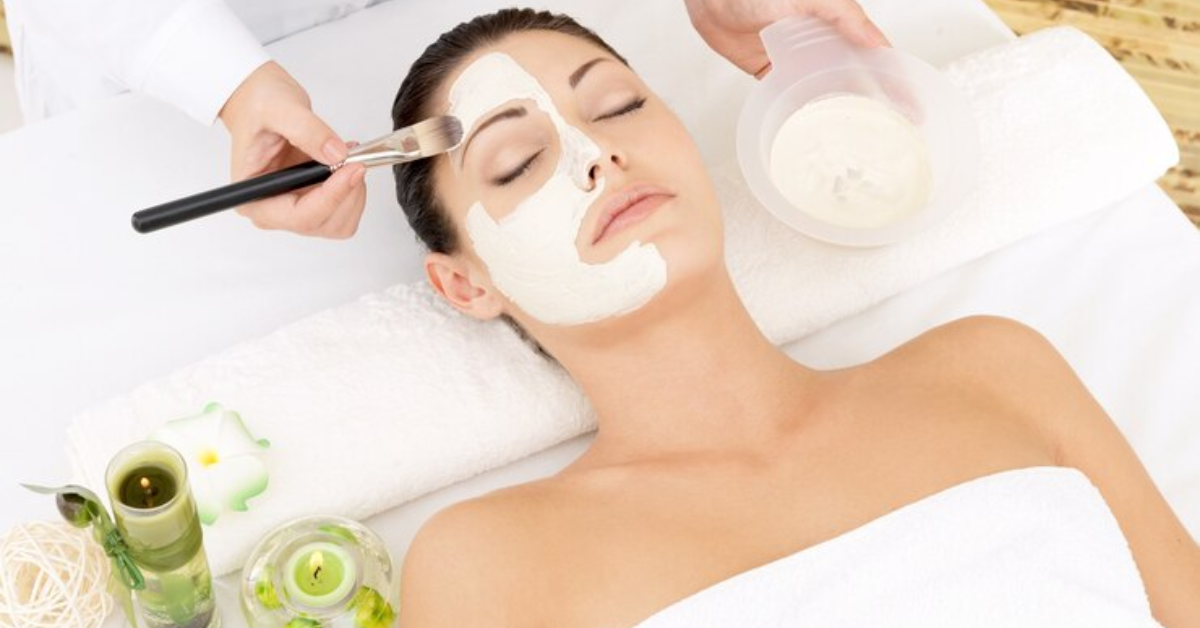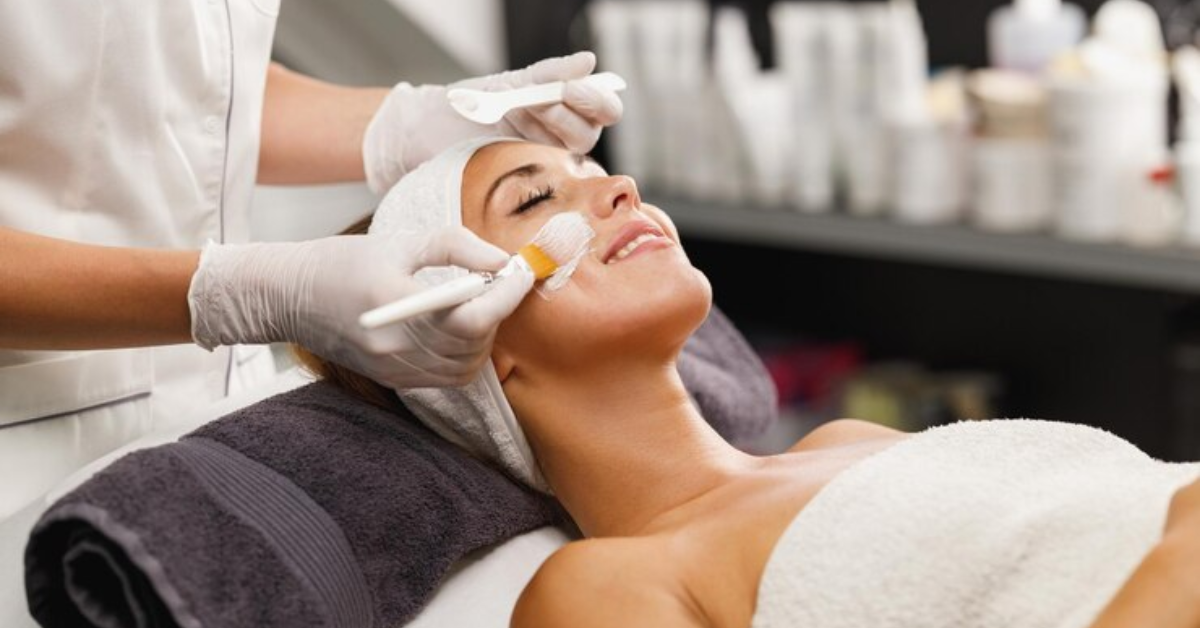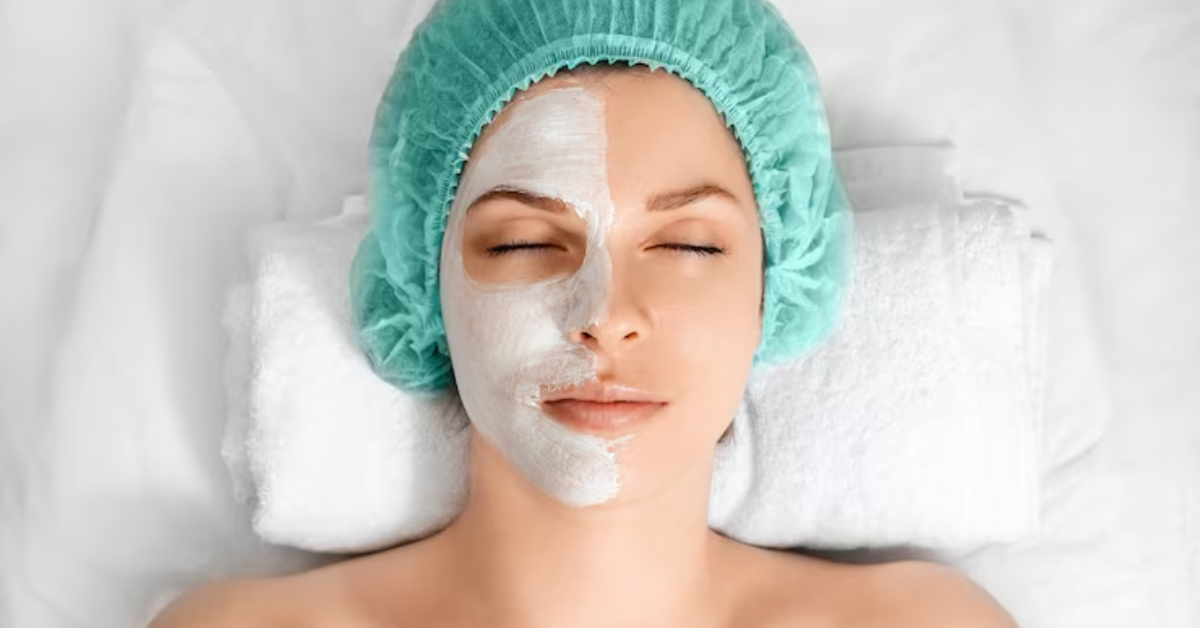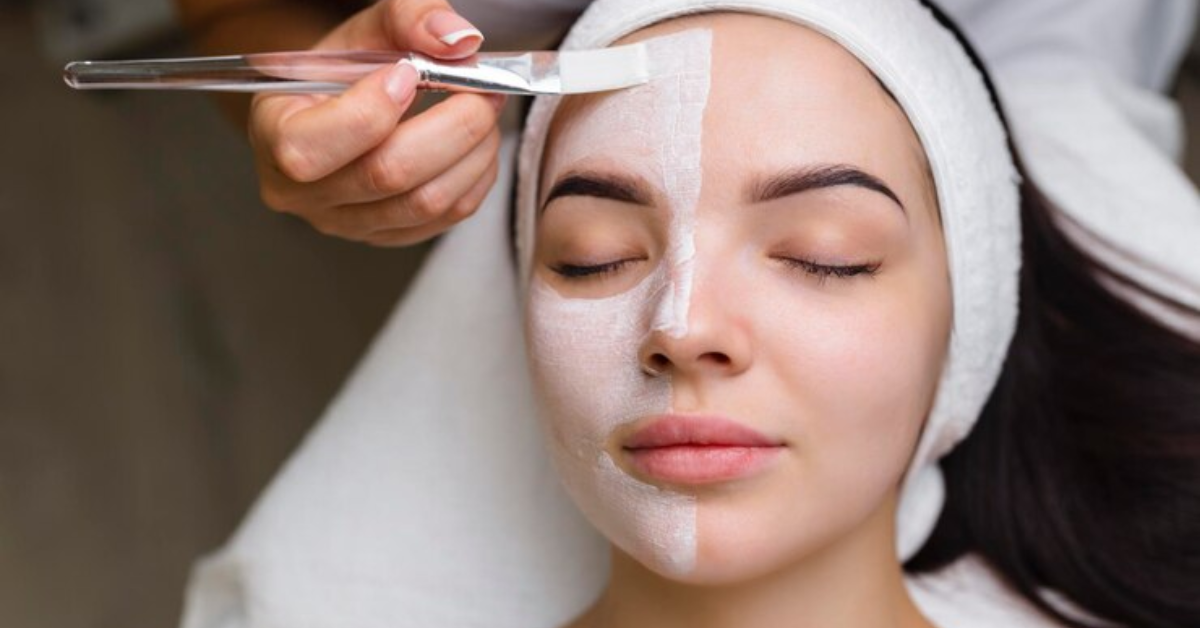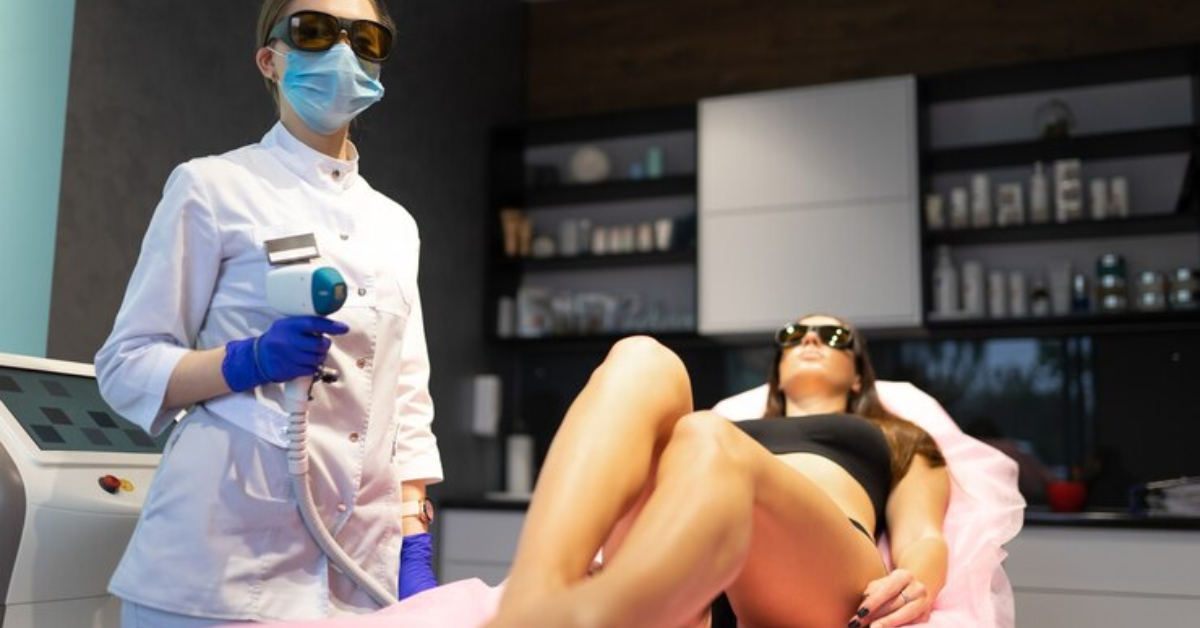Laser Hair Removal for Sensitive Skin
Having hairless, silky skin has become a universal goal in a society where people place a high value on appearance and where one's sense of self-worth is often tied to how they look. For many, laser hair removal has emerged as a beacon of hope in the ever-evolving landscape of beauty treatments. But what about those with sensitive skin, who bear the double burden of unwanted hair and the fear of skin irritation and discomfort?
Sensitive skin, characterized by its heightened reactivity to external stimuli, presents a formidable challenge for those seeking permanent hair removal solutions. The prevalence of sensitive skin concerns is staggering, with millions around the world grappling with redness, itching, and discomfort in their pursuit of smooth skin. This significant segment of the population often finds themselves at a crossroads, where the desire for hair-free skin collides with the fear of adverse skin reactions.
It would be impossible to adequately express the significance of individualized care in this complex web of elegance and nuance. Standard laser hair removal protocols may leave individuals with sensitive skin feeling excluded and apprehensive, but there is hope on the horizon. Tailored specifically to address the unique needs of sensitive skin,
advanced techniques and cutting-edge technologies have emerged to provide a safe haven for those seeking the harmony of hair-free, comfortable skin.
What is Sensitive Skin?
Sensitive skin, like a delicate and temperamental masterpiece, demands our attention and care. But what exactly is sensitive skin? It's a condition where the skin's natural barrier is easily compromised, leaving it susceptible to various external and internal factors. The causes and triggers of this sensitivity are multifaceted, making it imperative to grasp the intricacies of this unique skin type.
Sensitive skin is often the result of a delicate interplay between genetic predisposition, environmental factors, and lifestyle choices. Harsh weather conditions, exposure to UV radiation, pollution, allergens, and certain skincare products can all contribute to the development or exacerbation of sensitivity. Understanding these underlying causes and triggers is the first step towards nurturing and protecting sensitive skin.
Not all sensitive skin is created equal; it comes in various forms and degrees of sensitivity. Recognizing your specific skin type is pivotal to tailoring your skincare and hair removal approach effectively. From reactive skin that flushes easily to skin prone to itching or burning sensations, identifying your unique sensitivity profile is essential.
Sensitive skin often speaks to us through a language of discomfort. The signs and symptoms of sensitivity can manifest in a myriad of ways, including redness, dryness, flakiness, and an overall feeling of tightness. Some individuals may also experience stinging or burning sensations, making them acutely aware of their skin's vulnerability.
The Challenge of Hair Removal for Sensitive Skin
The quest for hairless skin has prompted a wide variety of tried-and-true techniques for getting rid of unwanted hair. Shaving, waxing, tweezing, and depilatory creams have long been the go-to options. While these methods may provide temporary relief, they often come with a price for those with sensitive skin. The abrasive nature of these techniques can lead to irritation, redness, and even painful ingrown hairs, exacerbating the already delicate condition of sensitive skin.
Sensitive skin, by its very nature, reacts to stimuli with heightened sensitivity. When subjected to the rigors of
traditional hair removal, this reactivity is amplified. The friction, chemicals, and repeated manipulation involved in these methods can disrupt the fragile equilibrium of sensitive skin, triggering adverse reactions. Understanding why sensitive skin reacts differently is crucial to navigating the challenges it presents.
The Science Behind Laser Hair Removal
Laser hair removal, often hailed as a technological marvel in the field of cosmetic treatments, operates on the principle of selective photothermolysis. This sophisticated process harnesses the power of concentrated light energy to achieve the desired outcome—permanent hair reduction. It all begins with the emission of a precisely calibrated laser beam, a single wavelength of light that seeks out a specific target: melanin.
The question that looms large for those with sensitive skin is, why is laser hair removal suitable for them? The answer lies in its ability to selectively target melanin. Unlike traditional hair removal methods that involve abrasive physical contact or harsh chemicals, lasers work with a delicate touch, minimizing the risk of skin irritation. Furthermore, advancements in laser technology have led to the development of systems specifically designed for sensitive skin, utilizing longer wavelengths that penetrate the skin with gentleness and efficiency.
The marriage of science and technology in laser hair removal offers a ray of hope to those with sensitive skin who have long yearned for a lasting solution to unwanted hair. By honing in on the science behind this remarkable procedure, we can appreciate the artistry in its precision and the promise it holds for
achieving smooth, hair-free skin without compromising the comfort and well-being of individuals with sensitive skin.
Preparing for Laser Hair Removal
Consultation with a dermatologist should be the first step in the process of laser hair removal for sensitive skin. This initial meeting serves as a personalized roadmap, guiding individuals through the complexities of the procedure. A dermatologist assesses the unique characteristics of your skin and hair, discusses your medical history, and ensures that laser hair removal is a safe and suitable option. This expert guidance sets the foundation for a successful and tailored treatment plan.
Skin Care Routine Adjustments
Those with sensitive skin may need to make some adjustments to their skincare routine before undergoing laser hair removal to ensure the best possible results. Dermatologists often recommend discontinuing the use of products containing retinoids, alpha hydroxy acids (AHAs), and beta hydroxy acids (BHAs) in the weeks leading up to treatment, as these ingredients can increase skin sensitivity. Moisturizing your skin adequately is also essential, as well-hydrated skin tends to respond better to laser therapy.
Sun Exposure Precautions
Sun exposure and laser hair removal are not the best of companions, particularly for sensitive skin. Prior to your laser sessions, it's essential to protect your skin from harmful UV rays. Sunscreen application with a broad-spectrum SPF of 30 or higher is paramount, and wearing protective clothing or using sun hats and sunglasses can further shield your skin. Minimizing sun exposure not only prevents potential complications but also ensures that the laser can target the melanin in your hair follicles more effectively.
Aftercare for Sensitive Skin
Following your laser treatment, you should adhere to a specific post-treatment skincare regimen recommended by your dermatologist. This may include gentle cleansing, moisturizing, and the application of soothing products to alleviate any immediate discomfort. Your dermatologist will guide you on the best practices to keep your skin healthy and irritation-free during the recovery phase.
Sensitive skin can be especially prone to
post-treatment side effects, but proactive measures can help minimize these risks. It's not uncommon to experience redness, mild swelling, or a sensation akin to a sunburn immediately after laser hair removal. However, with proper aftercare, these side effects typically subside within a few days. It's crucial to avoid excessive sun exposure, heat, and irritants during this period to prevent exacerbating any skin reactions.
The recovery time after laser hair removal for sensitive skin is relatively short, allowing individuals to resume their regular activities swiftly. While you may need to refrain from strenuous exercise, hot baths, or sauna sessions for a few days after treatment, most people can return to work and daily routines immediately. For a speedy recovery, however, it is crucial to adhere to your dermatologist's detailed instructions.
After laser hair removal, the road to recovery for sensitive skin is paved with patience and diligence. With proper post-treatment skincare and vigilance in avoiding potential side effects, you can revel in the benefits of smoother, hair-free skin without compromising the well-being of your sensitive complexion.
Number of Sessions Required
The road to achieving permanent hair reduction through laser hair removal is not a one-size-fits-all journey, and the number of sessions required can vary significantly from person to person. Several factors come into play when determining the optimal number of sessions:
Hair Color and Thickness:
The color and thickness of your hair affect how effectively the laser can target the melanin in your hair follicles. Dark, coarse hair typically responds best to treatment.
Skin Tone:
Your skin's melanin content is a critical consideration. Lighter skin tones allow for more precise targeting of hair follicles, while darker skin requires specialized laser technologies to minimize the risk of pigmentation changes.
Hair Growth Cycle:
Laser hair removal is most efficient during the active growth phase (anagen) of hair growth. Multiple sessions are necessary to catch all hairs in this stage.
Hormonal Factors: Hormonal imbalances, such as those associated with conditions like polycystic ovary syndrome (PCOS), can lead to increased hair growth, necessitating more sessions.
Area Being Treated:
The size and location of the treatment area also impact the number of sessions required. Smaller areas may require fewer sessions than larger ones.
Establishing Realistic Expectations
Patience is key when embarking on the journey of laser hair removal. Having reasonable expectations from the start is crucial. While you may notice a reduction in hair growth after the first session, achieving significant and lasting results typically requires multiple sessions spread out over several weeks or months. Expectations should be set in consultation with your dermatologist, who can provide insights into the likely number of sessions needed based on your specific circumstances.
Tracking Progress
Tracking progress throughout your laser hair removal journey is essential for both you and your dermatologist. Keep records of each session, noting any changes in hair growth, skin reactions, or discomfort. This information helps your dermatologist fine-tune your treatment plan and assess the effectiveness of the sessions. Regular communication with your provider ensures that your progress aligns with your goals and helps you stay informed about the number of sessions remaining.
Conclusion
People with sensitive skin can find freedom and self-assurance through laser hair removal, which is more than just a cosmetic procedure. We hope this exploration has shed light on the possibilities and considerations, guiding you toward a future where smooth, hair-free skin and the comfort of sensitive skin can coexist harmoniously. Your journey begins with knowledge, and your destination is the embodiment of confidence and well-being.
BOOK YOUR FREE SESSION
We will get back to you as soon as possible
Please try again later
-
Locations
- Laser hair removal fort lauderdale
- Laser hair removal Hollywood
- Laser hair removal Pompano Beach
- Laser hair removal Pembroke Pines
- Laser hair removal Dania
- Laser hair removal Coral Springs
- Laser hair removal Margate
- Laser hair removal Coconut Creek
- Laser hair removal Deerfield Beach
- Laser hair removal Hallandale
- Laser Hair Removal Cooper city
- Laser hair removal davie
© 2021 Huggie Beauty Developed by LocalOptimize.co - All Rights Reserved

